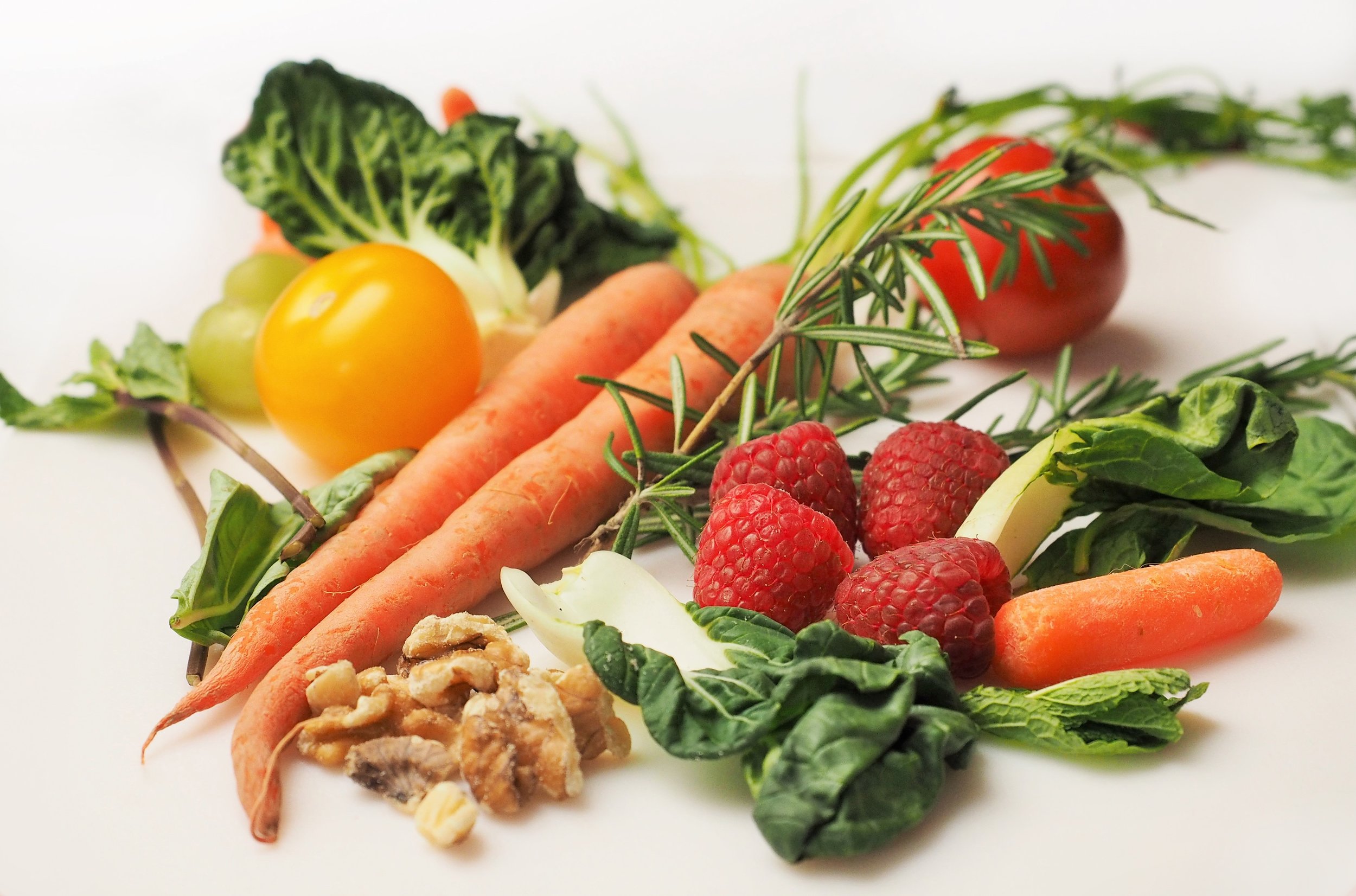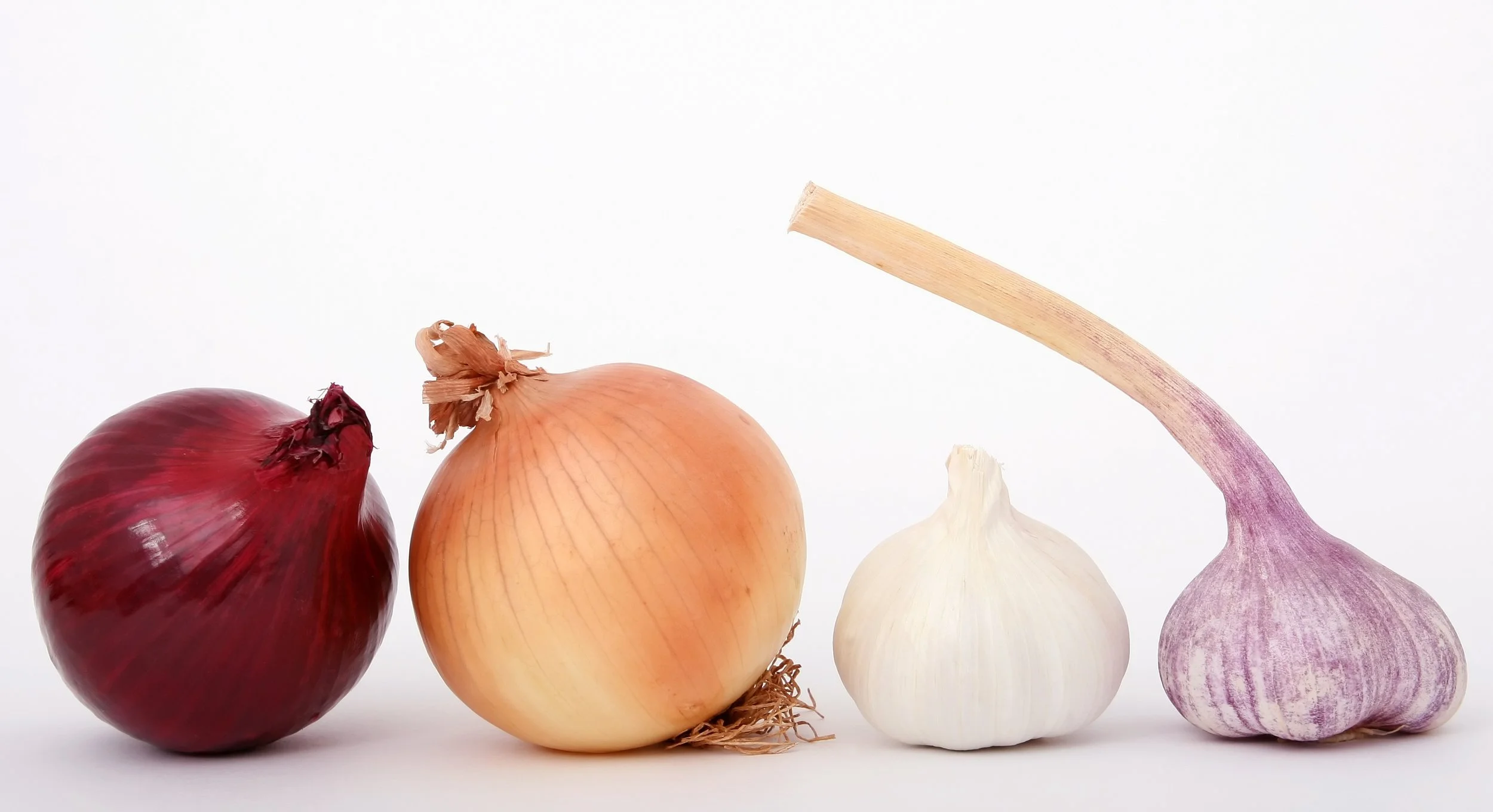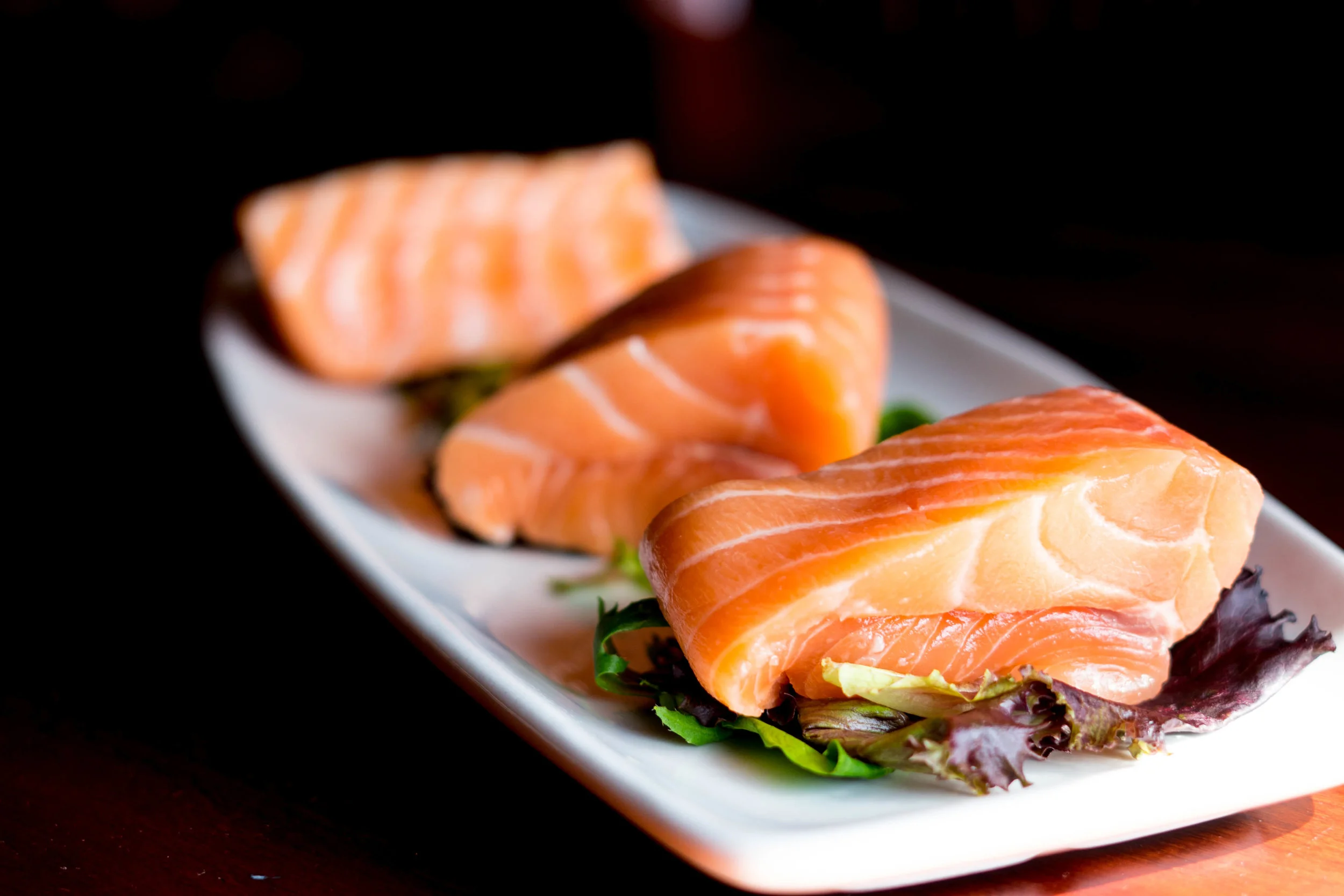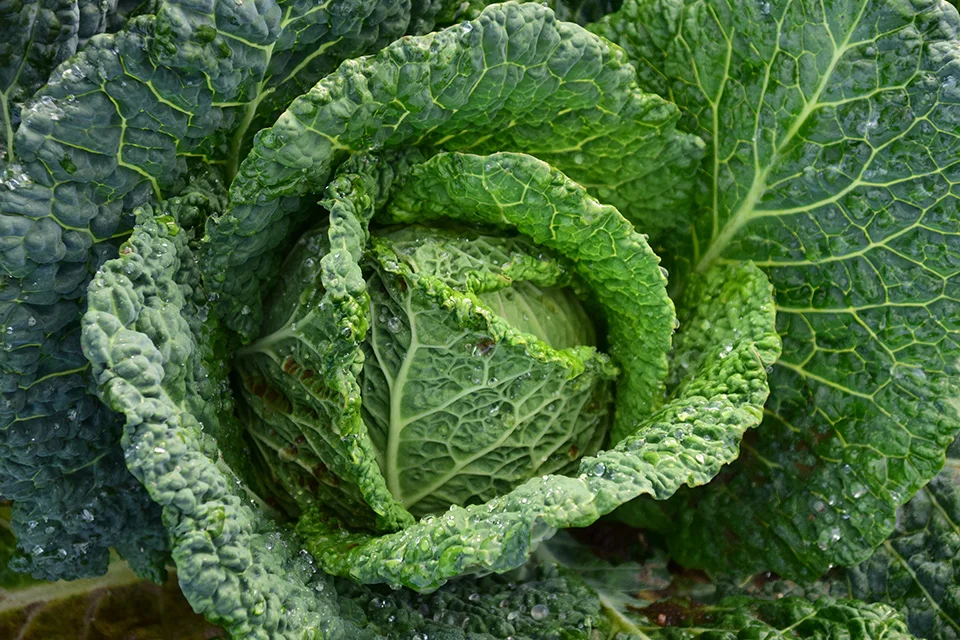





Natural Medicine Considerations
Natural Medicine Considerations
Natural Medicine Considerations
Natural Medicine Considerations
Thank you for recently completing an Awareness Health Screening through InDeed Wellness. Our goal is to provide you with useful information about the feedback your body is giving in response to your current lifestyle. Regardless of the numbers you received from your screening, your body has an amazing capacity to adapt and heal itself once changes occur.
We've put together some changes you may want to consider if you are at risk for preventable diseases such as hypertension, hyperlipidemia, diabetes mellitus or obesity. These recommendations have been developed by our Medical Director, Dr. Bethany Tennant, ND. As always, the information you find here is for educational purposes only and should not be used to replace the advice of your doctor or primary care provider. The recommendations you find here and throughout the InDeed Wellness website are provided to support you in improving and maintaining your personal health and well-being.
From all of us at InDeed Wellness, we hope that you have found your health screening experience to be fun and valuable. We'd love to hear about your specific experience and any feedback you care to share. Feel free to use our feedback form.
Enjoy the day you've been given.
Bret Johnson, President
InDeed Wellness
Blood pressure
Increase potassium intake by consuming more avocados, melons, and bananas.
Decrease sodium intake by avoiding canned foods such as soups, frozen meals, lunch meats, or snack items like chips and pretzels. Try adding flavor with herbs and spices such basil, dill, turmeric, or cilantro instead.
Key Deed: Exercise 20 - 30 minutes each day.
Cholesterol
Include medicinal culinary herbs that have been shown to help with inflammation and cholesterol levels. These include onion, garlic, turmeric, rosemary, and hibiscus.
Include plant sterols found in sesame oil, nuts, seeds, fruits, and vegetables.
Key Deed: Eat a high fiber breakfast.
blood glucose & triglycerides
Manage blood glucose levels by eliminating simple sugars and eating mostly low glycemic foods. The glycemic index is a scale that reflects the impact a food item has on insulin response.
Increase fiber with complex carbohydrates found in fruit, vegetables, and whole grains.
Key Deed: Limit simple sugars and desserts.
body weight & bmi
Increase water intake while eliminating soda and sugary juices.
Create a sleep hygiene habit by limiting food prior to bed, decreasing "screen time", and making sure your room is completely dark.
Key Deed: Sleep 7 or more hours each night.

Blood Pressure
Steps to Consider
Natural ways to support your health and well-being
Blood Pressure
Steps to Consider
Natural ways to support your health and well-being
Blood Pressure
is measured in millimeters of mercury when the heart is both contracting (systole) and at rest (diastole). A reading will measure the force of blood against the vessel wall. Factors such as stress, overeating, poor sleep, alcohol and tobacco smoke will increase heart rate and narrow the blood vessel, contributing to increased blood pressure. Blood pressure can change minute to minute and can change with posture, exercise and sleep. Over time blood pressure can become consistently elevated and increase the risk of heart attack, stroke, and other vascular disease. Diet and lifestyle modifications help manage blood pressure.
Consuming four stalks of celery per day has antihypertensive effects. Try eating veggie sticks as a snack, or add them chopped to a salad or a stir fry mix.
Increase garlic and onion consumption as these are a form of plant medicine that can lower blood pressure. They also reduce clotting which lowers the risk for stroke or heart attack.
Increase omega-3 consumption. This can be found in grass-fed beef, wild caught salmon, chia, and flax seeds.
Limit alcohol consumption as it can directly elevate blood pressure.
Increase magnesium rich foods which can help support blood vessels. Food sources for magnesium include soybeans, buckwheat, tofu, almonds, cashews, and legumes.

Cholesterol
Cholesterol
Cholesterol
plays an important role in hormone, vitamin D, and bile production which is necessary for proper digestion and cell membrane support. It is comprised of two main elements: LDL, or "lousy cholesterol"; and HDL, or "healthy cholesterol." LDL is considered "lousy" because it tends to stick to artery walls and turn into arterial plaque. On the other hand, HDL is considered "healthy" because it takes cholesterol in the blood back to the liver. Over time, plaque can build up and the space where blood flows will decrease, especially in the smallest arteries in the brain and around the heart. Another cause of plaque build up is chronic inflammation, which causes the body to "patch" damaged arteries with cholesterol. Cholesterol management includes lowering LDL and increasing HDL, while also addressing systemic inflammation. The cholesterol ratio is useful for calculating risk of cardiovascular events. Below are some of Dr. Bethany’s top considerations for managing cholesterol and inflammation in your body.
Increase soluble fiber such as that found in oats, barley, green leafy vegetables, and nuts.
Increase omega-3 fat intake found in salmon, sardines, flax, or chia seeds.
Include foods high in niacin (B3), a vitamin that, in high doses, has been found to increase HDL production. Food sources include fish, avocado, mushrooms, green peas, and sunflower seeds.
Limit saturated fat intake, found in meat and diary products.
Eliminate artificial trans fats. Avoid foods that contain "partially hydrogenated oils" listed as an ingredient on the label.

Blood Glucose & Triglycerides
Blood Glucose & Triglycerides
Blood Glucose & Triglycerides
are measured to assess dietary intake as well as endocrine function. A serum glucose reading reflects pancreatic function, intestine ability to absorb glucose and the liver's ability to accumulate or break down glycogen. When too much sugar is consumed consistently, insulin resistance can occur leading to Type II diabetes mellitus. This disease can be prevented through diet and lifestyle. However, once a severe insulin resistance state has been achieved, medication is necessary.
Chromium is a mineral that has been shown to help with glucose management. It can be found in green beans, broccoli, egg yolks, nuts, whole grain products, and meat.
Medium chain triglycerides (MCTs) like coconut oil and myricetin, which is found in walnuts, onions, berries, herbs, and red grapes, help in balancing blood sugar.
Eliminate simple carbohydrates like high fructose corn syrup and white flour, along with hydrogenated oils found in pre-packaged and fast foods.
Culinary herbs can be medicinal and have demonstrated promise in managing blood glucose and triglycerides. Examples are bitter melon, cinnamon, parsley, and green tea.

Body Weight & BMI
Body Weight & BMI
Body Weight & BMI
Body weight consists of both lean muscle mass and adipose (fat) tissue. One method of calculating a healthy weight involves a Body Mass Index (BMI) calculation. When using this tool, a "normal BMI" for an adult is considered to be 18.5 - 24.9. A value over 30, which classifies as "obesity," is associated with increased risk for diabetes, heart disease, or cardiovascular event such as heart attack or stroke. Managing weight can be achieved through diet and lifestyle considerations. Finding ways to make consistent healthier changes over time can lead to significant improvement in body composition.
Incorporate foods that help increase metabolism such as grapefruit, green tea, coconut, and culinary herbs and spices such as cayenne pepper, turmeric, cinnamon, and dandelion (leaf/root).
Increase fiber through fruits, vegetables, and whole grains. This will improve satiety, or feeling full when you eat. Getting enough fiber in your diet will also keep your gastrointestinal tract healthy.
Eliminate simple carbohydrates like high fructose corn syrup and white flour, along with hydrogenated oils found in pre-packaged and fast foods.
Maintain portion control to give your body the energy it needs for optimal health.
Exercise programs should include aerobic, flexibility, and strength training to increase metabolism and support lean muscle mass.











